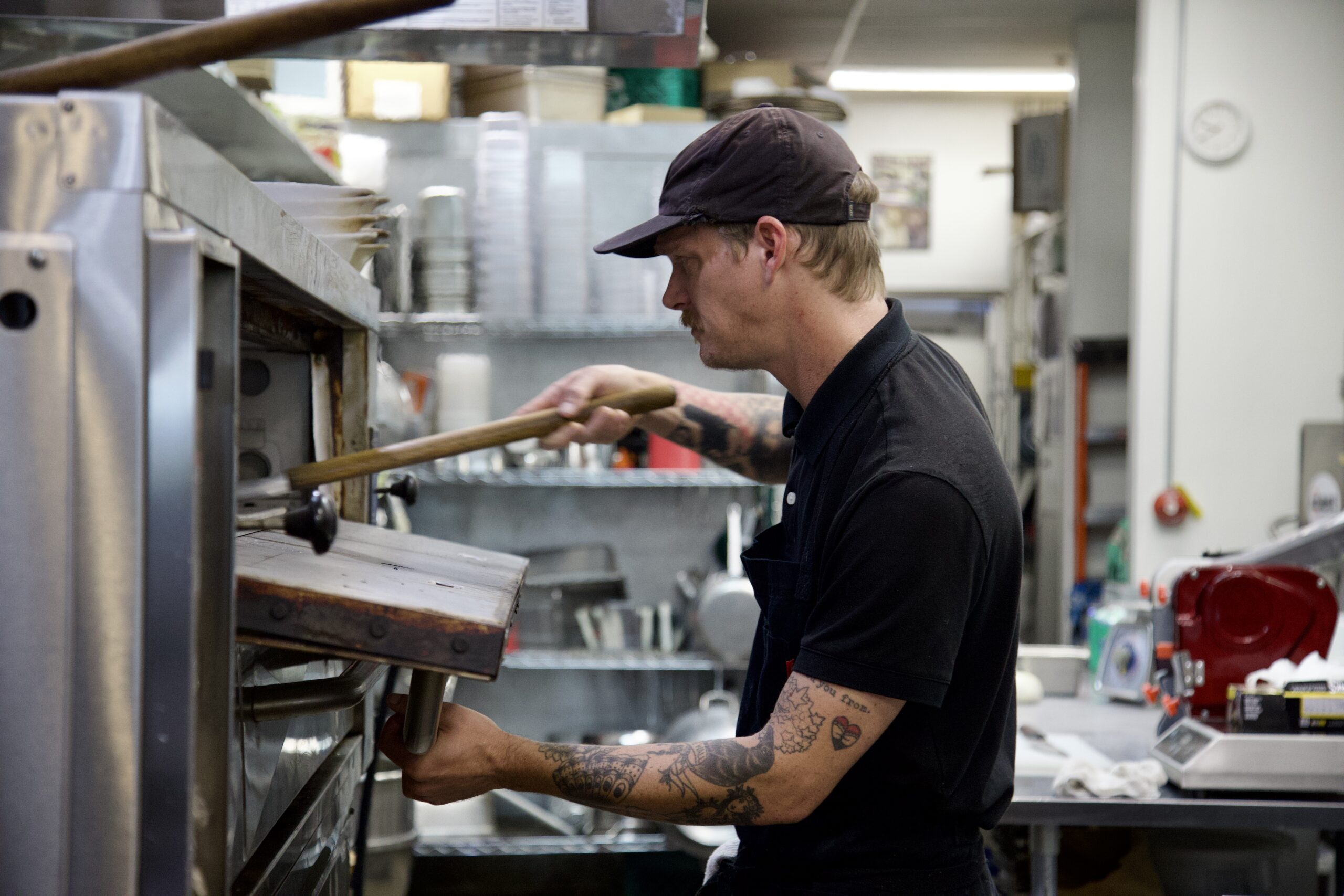
No doubt you’ve probably driven past the tiny building on the corner of Speedway Boulevard and Richey Avenue. Dozens of times. From the outside, Nur Market looks like every other little neighborhood market.
Certainly, Nur is that. Here you’ll find milk and cereal, baby food, cans of soda, bottles of shampoo, and bags of sugar. But Nur is so much more and more and more.

Nur is a world market with all manner of goods from a multitude of African countries, the Middle East, India and the subcontinent, and even parts of Eastern Europe. Shopping here is a lesson in world geography as much as it is a culinary one.
After all, there aren’t many shops in town where you can buy freshly-made injera. Or mulberry candies. Or mustard oil (for external use only.) Brothers Mohamed, Ismail, and Abdul Osman came to America from Mogadishu, Somalia just prior to the outbreak of civil war in 1990.
“We came here back in 1998 as immigrants with my family, with my siblings along with my mom,” said Mohamed. “We didn’t have a lot of immigrants, a lot of people coming to Tucson.” Their lives could have been hard and lonely. But the Osmans were fortunate. “My uncle used to live here. So, he helped us with things about the school system, the food, how to apply for jobs, all that stuff.”
In 2007, Mohamed graduated from Pima Community College and a brother graduated from the University of Arizona.
“We noticed that a lot of immigrants were coming to Tucson and that they had a need for a product from back home. They didn’t know where to get it,” said Mohamed. “So, we had the idea that we could open an international store with specialty food. A place where we can help provide for them, help the community, as well as find the right food and cultural products.”
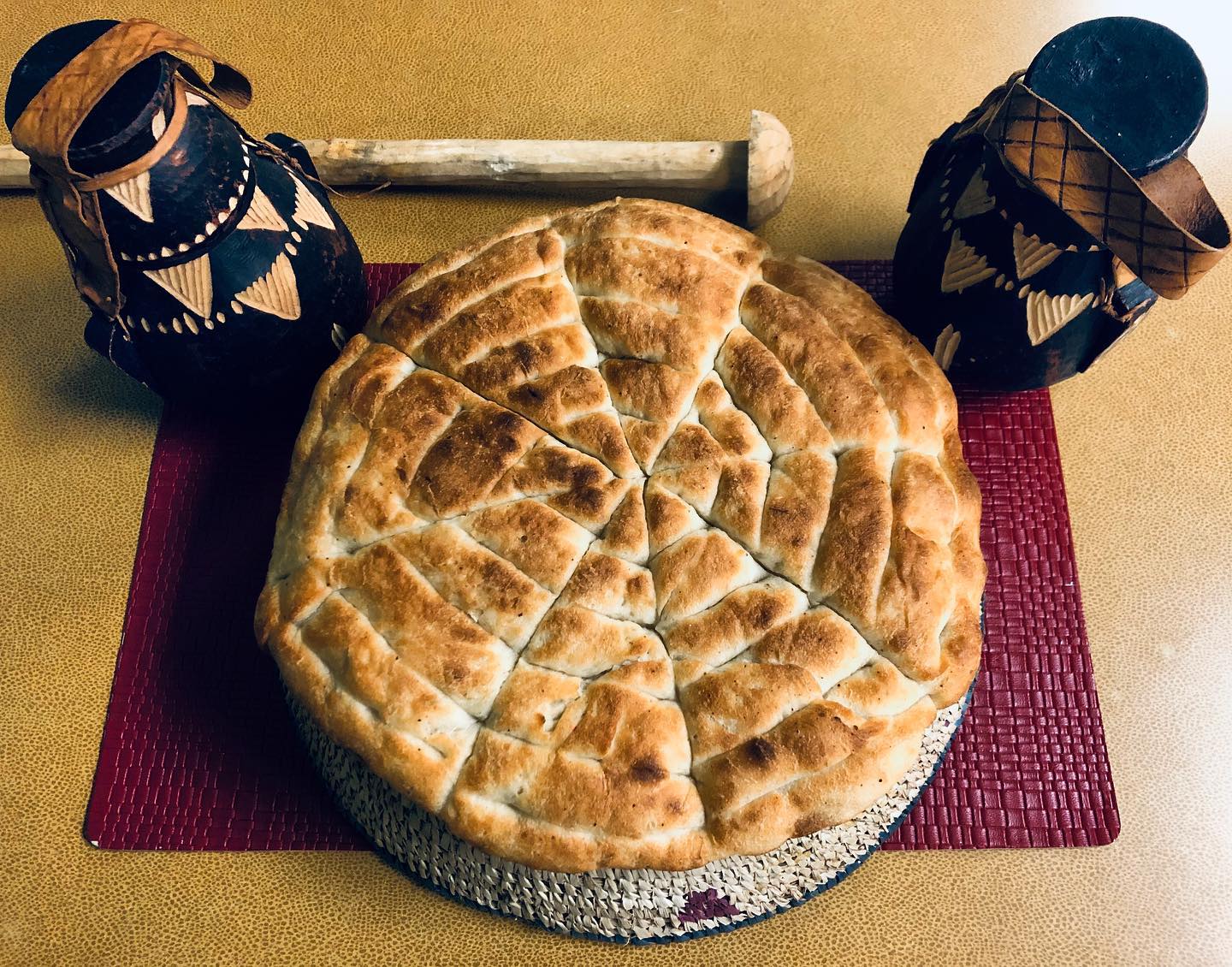
And that’s exactly what they did.
They opened their market in 2007 with the idea of having products from many countries in Africa and Asia. The restaurant was added two years later.
The first several years were tough as they learned the details of running a small market. “It was a challenge,” said Mohamed. But these days, the market is thriving, thanks to the hard work by the family.
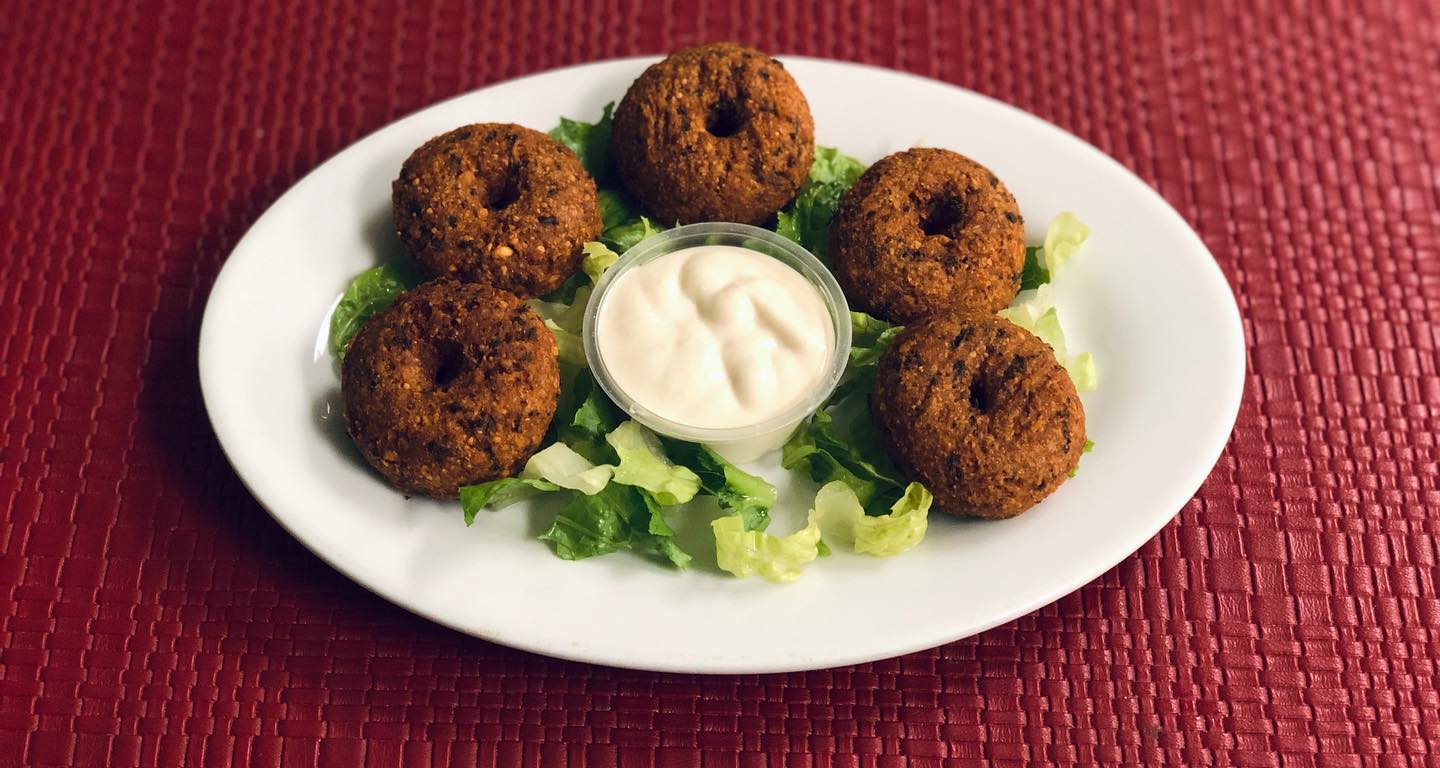
The history of Somalia is an ancient one and is filled with influences from Italy and England because at one time or another each country ruled there. Its location, on the Horn of Africa, made it a stopping point for explorers, spice merchants, and pirates traveling between India and Europe.
Much of the population of Somalia and East Africa is Islamic and therefore, the food is halal. Halal means “permissible” in accordance with the dietary rules of Islam.
All the meats at Nur are 100% halal certified. This means the meat is produced and processed with equipment that is cleaned following strict guidelines and is also free from anything prohibited by Islamic law. The beef, lamb, and goats are locally slaughtered. The chicken is hand slaughtered and fresh following the other Islamic law of Zabiha.
The meats are beautiful and can be found both fresh and frozen. Signs in both English and Arabic on the meat display case note, “We have chickens in the freezer, thanks.” Tilapia and hilsa are fish options.
Lamb comes in every form imaginable from ground patties to legs, shoulders, shank, stew, and liver. Tripe and whole lamb are also available for the asking. You can even buy a half or a whole goat. That alone should tell you that this tiny little corner store is something special.
The store is arranged in an interesting manner: cans of ghee sit on a shelf above pasta from Italy; boxes of Middle Eastern sweets are on the same stand as the fresh fruit and veggies; bottles of savory sauces share a rack with cans of grape leaves. But none of that matters because Nur is filled to the rafters with foods not found anywhere else in Tucson. It’s all part of the charm.
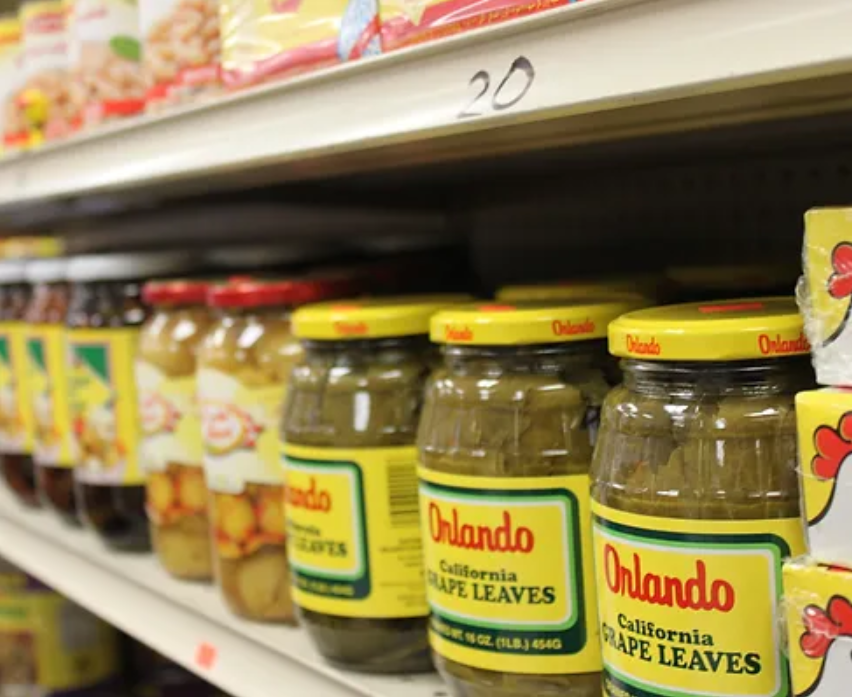
“We get products from all over, different vendors, many suppliers. They have their own unique product: spices, sweet products, dried products, flours… all that stuff,” said Mohamed when asked about where all of the items originate.
Today, they have about 10 different vendors compared to only one back in 2007. They’ve come a long way.
Most of the labels are written in Arabic with colorful packaging and cool artwork that give a hint of what’s inside. You’ll find plenty of bilingual labels as well.
Items like split peas, lentils, and beans of every color and shape are plentiful. Couscous and bulgur are tucked in the same area. Cassava leaves aren’t far away.
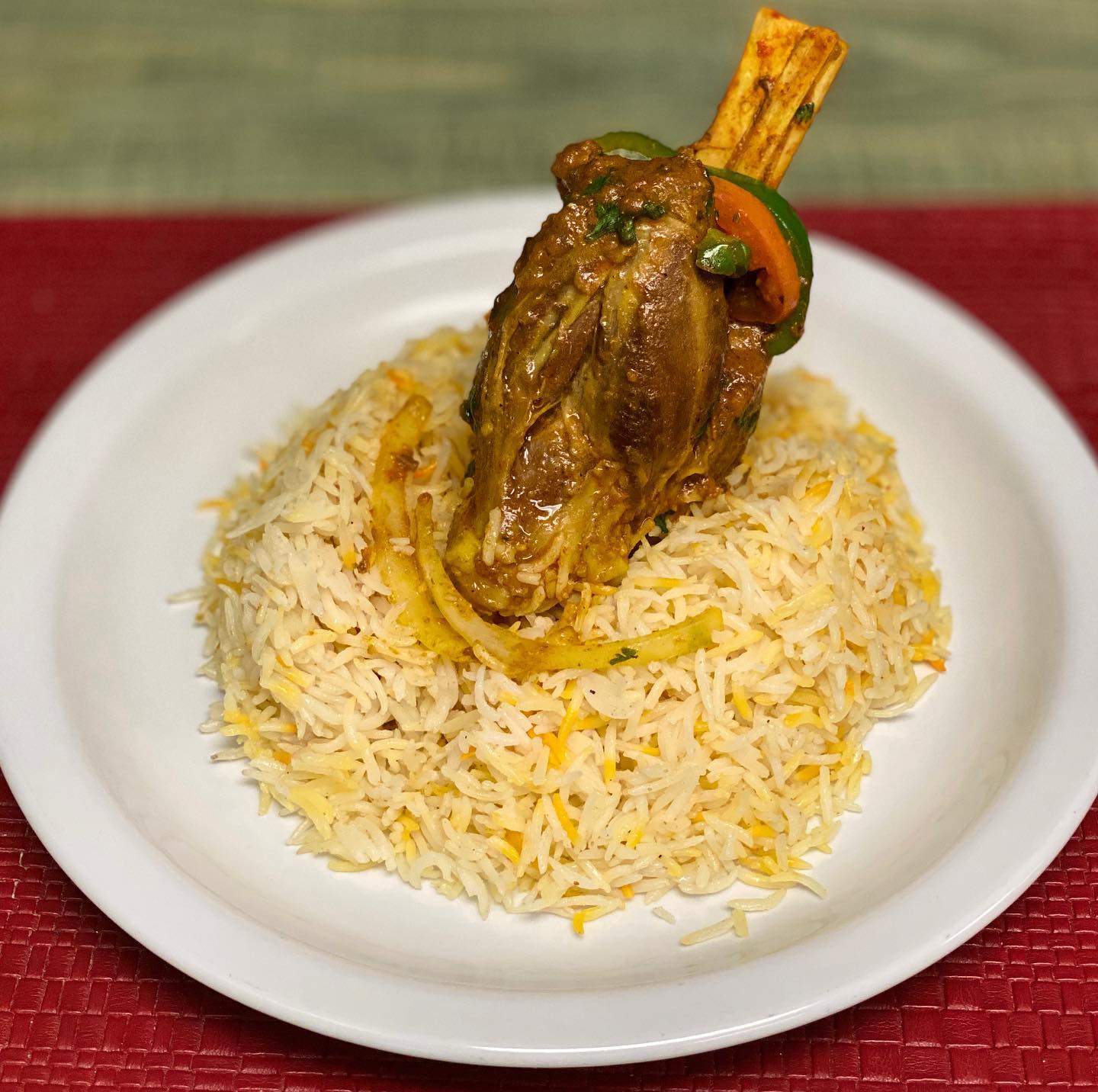
Basmati rice is available in bulk or in small packages, but cloth sacks of the rice, located throughout the room, come in up to 20-pound sacks. Nur sells Sella basmati, a higher quality rice that has a yellowish color and is healthier. “It’s very, very popular,” said Mohamed, which is the same rice they use in the restaurant. They do sell a white basmati but the Sella is their top seller.
Refrigerators and freezers are filled with dairy products, juices, milk, ice cream, fresh and frozen meats, sodas, fish, and more. Grains and flours include corn, whole wheat, white, sorghum, rice, semolina, and farina — I may have missed a few.
A stack of injera, that wonderful spongy flatbread that is the heart of Ethiopian cuisine, stands on the checkout counter.
“We make the injera here. It is very popular. We sell out just about every day. We make hummus here,” said Mohamed, noting that the hummus is also available in cans, but customers prefer the fresh version.
There are melon seeds and sunflower seeds, a passel of nuts both raw and roasted, couscous, kefir cheese, canned cream cheese, Bulgarian white cheese, yogurt, meghli, and muhalabic — the options seem endless. Worldly teas and hard-to-find coffees can also be found.
View this post on Instagram
The variety of dried herbs and spices is astounding. Packed in-house, they’re encased in plastic containers so the colors stand out. It’s impossible to not pick them up to see what you might find. Many, like cumin, come in both powdered form and as whole seeds. And while you can buy all the usual suspects like black pepper and anise seeds, creative cooks will appreciate the bright orange shiro powder or the deep red berbere spice blend essential to Ethiopian cuisine. And that’s only a small fraction of what is available.
For those of us home cooks who may be a little intimidated to make tikka or a tandoori or biryani or korma from scratch, not to worry. Nur carries plenty of packaged mixes so you can prepare meals that will impress your family and friends. They’ll never know that you didn’t spend hours in the kitchen.
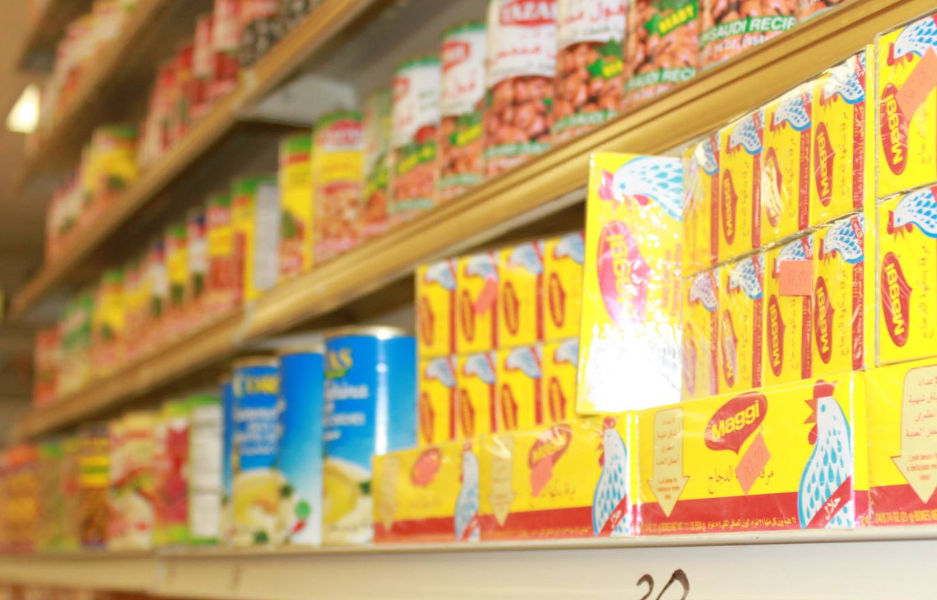
Pickled foods are varied and include mangos, garlic, lemons, and chile. Sweets range from shiny sweet fresh dates to boxes of beautiful mini cookies and candies.
Non-food items include beautiful serving platters, a tea/coffee set, a huge ornate incense burner, pasta machines, and slow cookers. Behind the checkout counter sits a myriad of non-perishables. Mohamed says the hair oil is very popular. And if you have any questions, one of the clerks is happy to help.
In spite of the wide variety of items mentioned, Mohamed said that some things just aren’t available right now, but he assured us that Nur will have them soon.
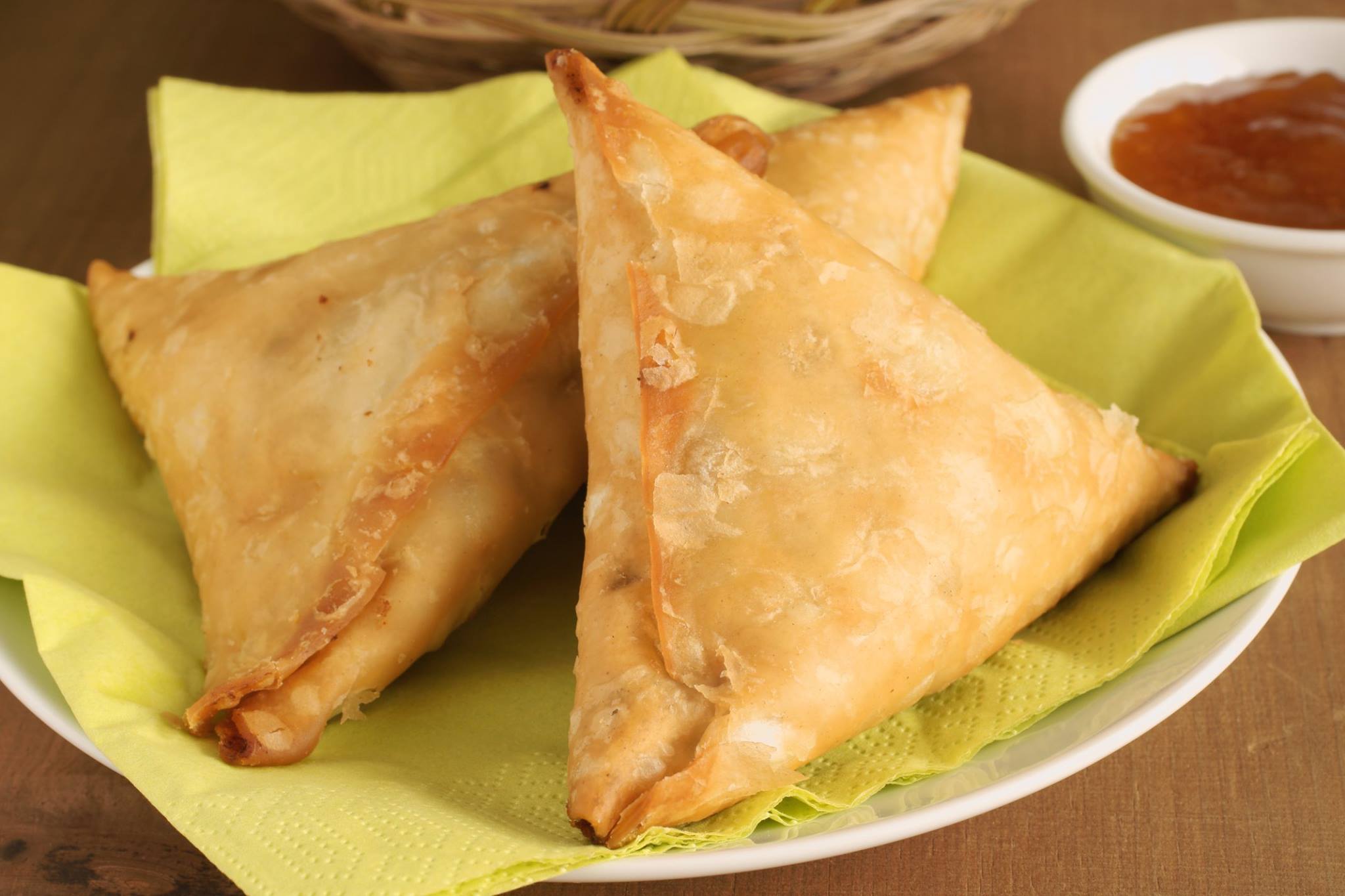
The restaurant has to be mentioned, even though it’s only open for takeout.
Back when I was reviewing restaurants for the Tucson Weekly, I ate at a wide assortment of places and had a wide assortment of meals; some very good meals, some very bad meals, and some meals that were so memorable that I can still taste the remarkable flavors like it was yesterday.
The meal I had at Nur Restaurant was just such a meal.
Like many ethnic markets, Nur acts as a center for the Islamic community in many ways. For example, in December 2021, they posted a notice in the store where people could get free COVID vaccines.
At Nur Market, people who are thousands of miles away from their families can find familiar faces, make new friends, and bring a little piece of home to their kitchens.
View this post on Instagram
“We do have many different immigrants coming to us, not just Somalis, but we do have other immigrants, like the Afghani community,” said Mohamed “We do have a lot of Iraqi customers; Syrian, Pakastani, many different cultures from Asia and Africa.”
The common draw, according to Mohamed?
“Everybody is coming to buy spices, plus their own unique food, and that’s how we connect to them.”
Nur Market is located at 3565 E Speedway Blvd #171. For more information, visit nurmarketaz.com or follow Nur Market on Facebook and Instagram.
Rita Connelly is the author of “Lost Restaurants of Tucson,” “Historic Restaurants of Tucson,” and “Arizona Chimichangas,”all published by The History Press. Growing up in a large Italian family instilled in her an appreciation for the important role food plays...